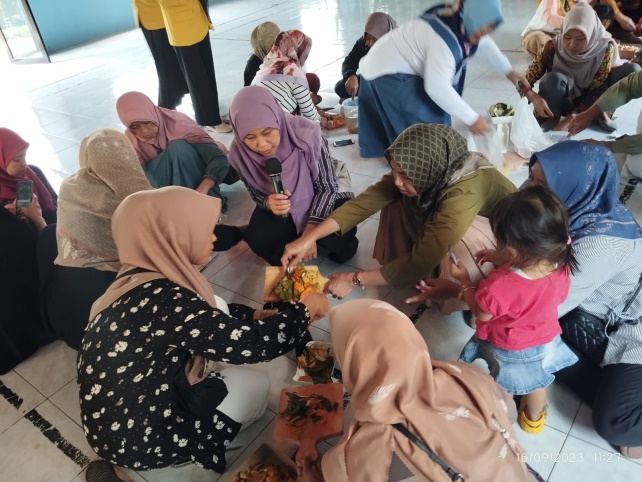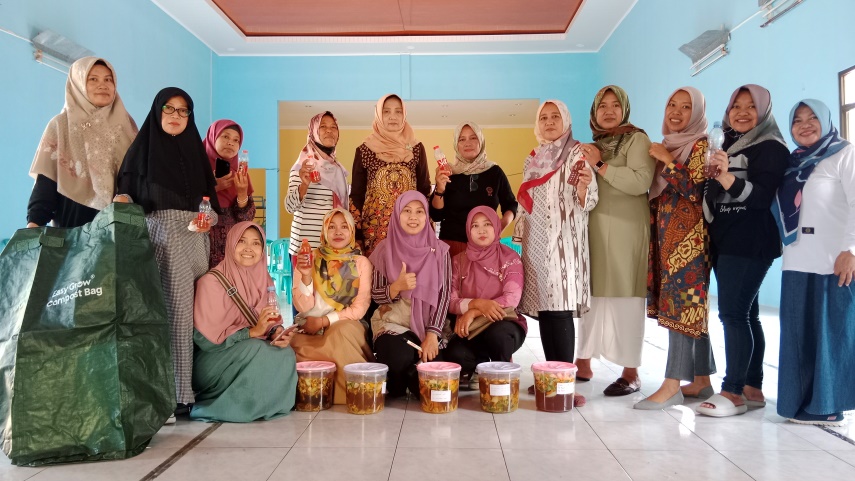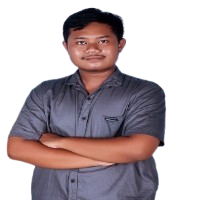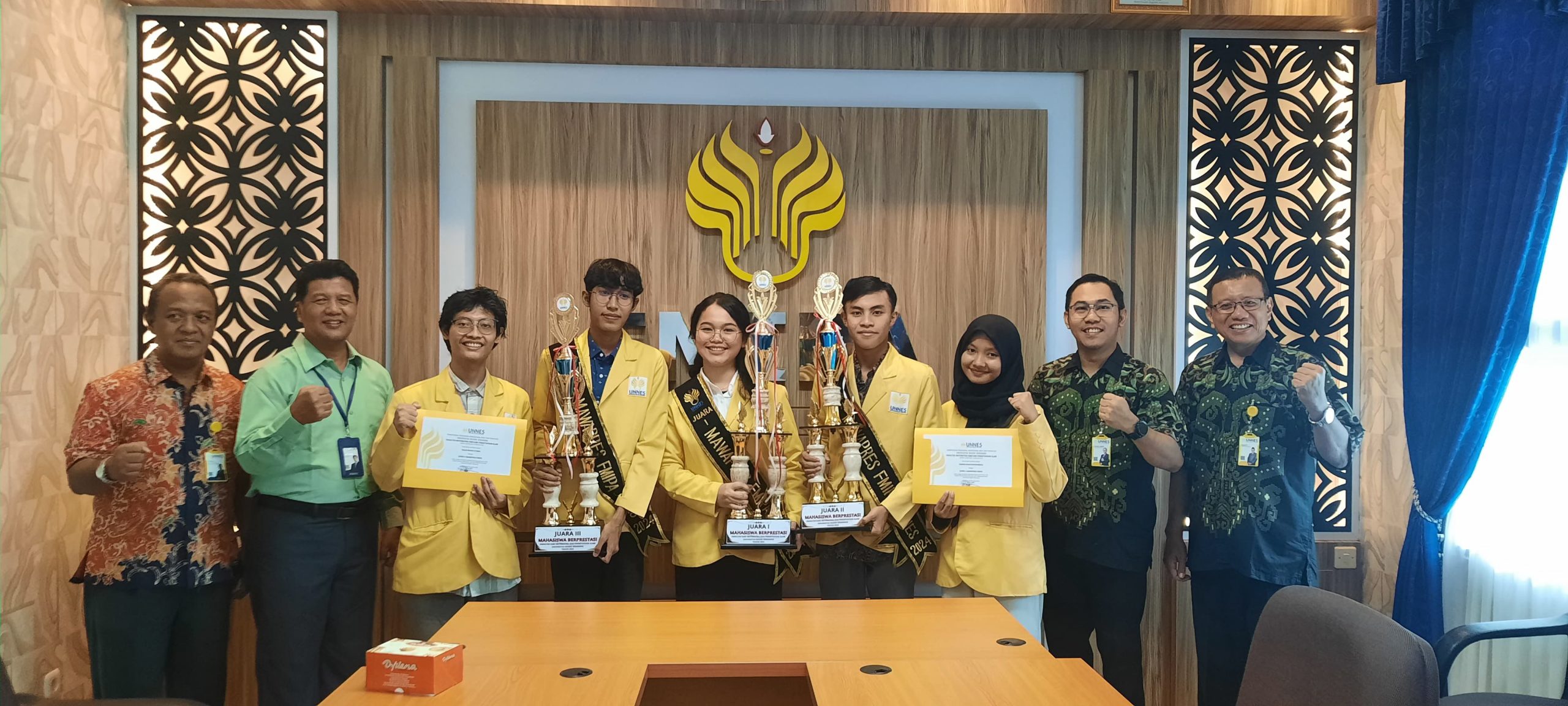Waste management is essential to address the waste issues in communities. The most common type of waste generated in households is organic waste, including vegetable and fruit scraps, grass, leaves, and food leftovers. Besides organic waste, there is also inorganic waste, such as plastic packaging, plastic bottles, glass bottles, and metal. However, the management of inorganic waste is already widely practiced, for example, through waste banks. In contrast, organic waste is often not properly processed, leading people to dispose of it in vacant areas. Kalisegoro Subdistrict is one of the subdistricts in Gunungpati District, Semarang, which also faces challenges in managing organic waste. There are not many people in Kalisegoro who make compost and ecoenzymes.
Based on these issues, the UNNES community service team, led by Dr. Triastuti Sulistyaningsih, M.Si., conducted training on organic waste processing in Kalisegoro Subdistrict. The team consisted of Prof. Dr. Ani Rusilowati, M.Pd., Dr. Masrukan, M.Si., and Yuan Maylia Rosanti, S.Si, with assistance from three students, namely Dwi Atika Sari, Muhammad Alfin Sulmantara, and Ima Nurasiyah. This training was attended by 30 PKK (Family Welfare Empowerment) cadres from each neighborhood unit (RT) and 5 subdistrict employees at the Kalisegoro Subdistrict Office. The head of the subdistrict, Ir. Bambang Sularso, M.Si., expressed his gratitude and appreciation for the training provided by UNNES. It is hoped that through this training, the residents of Kalisegoro Subdistrict can become skilled in processing organic waste and can share the knowledge gained with the entire community.

The participants showed great enthusiasm during the training. Several participants actively asked questions and consulted on compost and ecoenzyme production. During this activity, participants had the opportunity to practice making ecoenzymes themselves so that they could apply the knowledge directly at home. This was supported by the facilities provided by the UNNES community service team, including compost bags, EM4 (Effective Microorganisms), and ecoenzymes that were prepared during the training. Participants expressed their happiness about this activity, and many of them expressed interest in receiving training on other topics in the future. With the knowledge gained from this training, it is hoped that Kalisegoro Subdistrict can become a community that cares about waste management.





